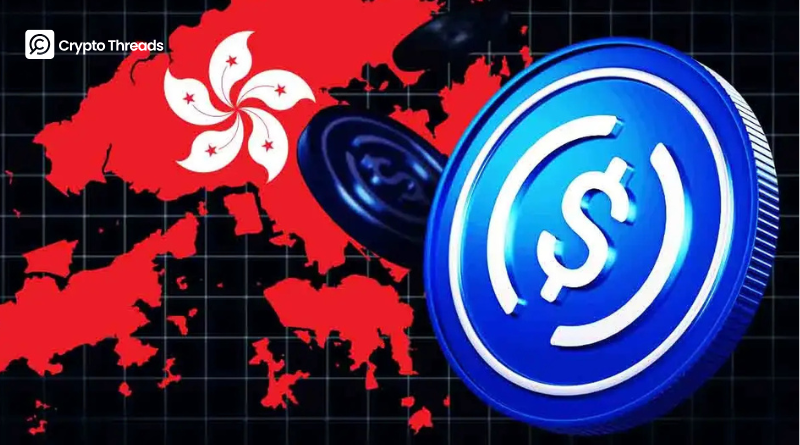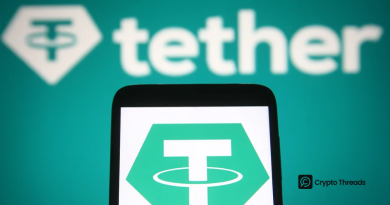HKMA Finalizes Stablecoin Rules, Warns on Unlicensed Issuers
Meta description:
Hong Kong finalizes stablecoin regulations set to begin August 1 and launches a public registry for licensed issuers, urging caution as no licenses have yet been granted.
Key Takeaways:
- The HKMA has finalized its stablecoin regulatory framework, effective August 1.
- A public registry of licensed stablecoin issuers will be launched to increase transparency.
- As of now, no entities have been licensed, and the public is urged to avoid scams.
- HKMA warns against speculative hype, citing weak proposals and lack of technical expertise.
- Applications for the first batch of licenses must be submitted by September 30.
Hong Kong Finalizes Stablecoin Rules Ahead of August Launch
The Hong Kong Monetary Authority has completed its long-awaited regulatory framework for stablecoin issuers, marking a new chapter in the city’s approach to digital asset oversight. The finalized rules, released Tuesday, are set to come into effect on August 1 and are accompanied by detailed guidelines on licensing, Anti-Money Laundering (AML), and Counter-Terrorism Financing (CTF) compliance.
Under the new framework, the HKMA will supervise licensed stablecoin issuers and maintain a public registry to identify authorized entities. This initiative is designed to improve market transparency and signal to investors which players operate under formal regulatory standards.
In its official announcement, the HKMA emphasized that no licenses have yet been issued and warned the public against assuming otherwise. The registry will be available on the authority’s website, serving as a single source of truth for identifying authorized stablecoin operators.
HKMA Chief Executive Eddie Yue noted that recent hype around stablecoins has led to irrational market behavior, including unjustified spikes in trading volume and related equities. He cautioned that some license applicants had submitted proposals that lacked technical depth, clarity, or feasibility, prompting regulators to take a more measured approach.
According to Yue, only a small number of licenses will be granted initially as the HKMA assesses applicants against a high regulatory standard. The authority has encouraged interested market participants to engage with the regulator by August 1, with full applications for the first round of approvals due by September 30.
Warnings Issued Amid Scams and Regulatory Gaps
In tandem with the new framework, the HKMA has issued multiple public warnings. The authority stressed that individuals or entities claiming to be licensed stablecoin issuers, or even to be in the licensing process, should be treated with skepticism unless officially listed in the forthcoming registry. Holding or transacting in unlicensed stablecoins will be considered high-risk and potentially unlawful under the new rules.
The HKMA’s firm stance reflects growing concern over consumer protection as digital asset markets evolve. Yue reiterated that not all applicants meet the technical and governance standards required for stablecoin issuance and urged investors to prioritize safety and compliance over speculation.
Outside Hong Kong, related issues are drawing attention. In mainland China, the city of Shenzhen has issued its own warning regarding rising scams disguised as crypto or stablecoin investments. On July 7, a local task force reported a surge in fraudulent activity, where unlicensed entities targeted retail investors with misleading marketing and promises of high returns.
Authorities in Shenzhen noted that many of these operations exploit gaps in public knowledge and take advantage of unclear regulatory boundaries. They urged citizens to remain cautious and to avoid engaging with any platform or project lacking proper authorization.
As stablecoins continue to play a growing role in cross-border transactions and financial infrastructure, Hong Kong’s new licensing regime may serve as a regional benchmark. Whether it becomes a model of responsible innovation or faces early implementation challenges will depend on how effectively the HKMA manages its rollout and enforces compliance.



